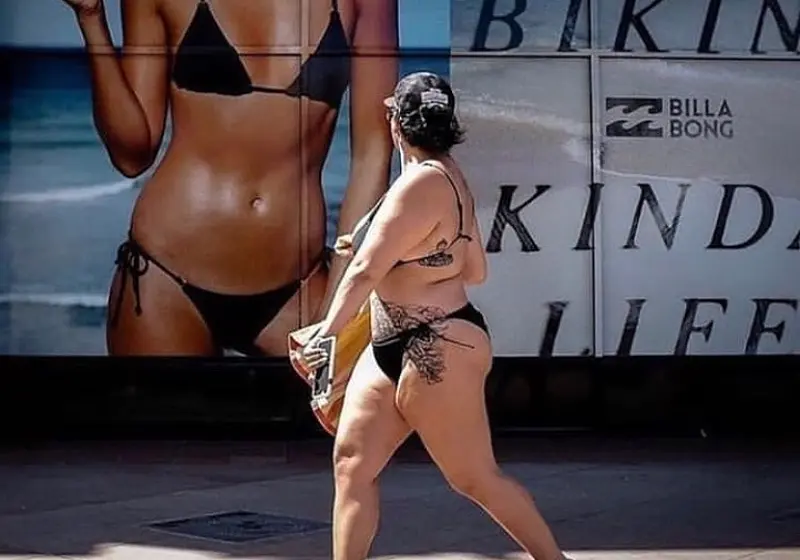With summer approaching, social media feeds are filled with the promotion of the ‘summer body’. The term 'summer body' refers to the ideal body types for the season's activities, such as wearing a bikini or sunbathing. These standards can be traced back to marketing campaigns used by women's magazines in the 1960s to sell weight loss products and body enhancers.
The "summer body" narrative isn't fully problematic, but when it's used to devalue individuals to the point where they feel unworthy, it becomes harmful. Social media has the power to either reinforce or dismantle these ideas, and users, influencers, and brands all play a part in shaping the future of body expectations.
The ‘Summer body’ trend is highly popular on social media platforms like TikTok, where the hashtag has 386.8k posts, and young people may be influenced to believe they must have the 'ideal body' to be attractive.

Image Credit: Tracy Le Blanc from Pexels
This trend can leave some people feeling ashamed of their figure and can lead to an increase in mental health issues like anxiety and depression. The trend has promoted unrealistic beauty standards as social media platforms, especially Instagram, TikTok, and Facebook, often showcase the 'ideal' body type.
These include the typically thin, muscular, and highly curated through lighting, posing, or even digital editing. Influencers and fitness brands often market these images as attainable goals, pushing the idea that there's a single "right" way to look in a swimsuit.
The lead-up to summer becomes saturated with weight-loss ads, detox teas, extreme workouts, and diets. This encourages harmful behaviors, such as disordered eating or overtraining. Hashtags like #SummerBodyGoals or #BeachBodyReady often reinforce a pressure to "fix" oneself before summer.
For many, the approach of summer triggers stress rather than excitement. The pressure to transform one's body by a deadline promotes a sense of shame, low self-esteem, and guilt.

Image Credit: SHVETS production from Pexels
However, social media has also acknowledged other narratives to the trend. With social media having such a great impact, influencers and brands have also spread awareness that there is no ideal body and that everyone is perfect in their own way. Many influencers have jumped on the trend and used their platform to spread awareness about body positivity and enforce the idea that all bodies are perfect.
These influencers have used the hashtag #AllBodiesAreSummerBodies in their posts to promote acceptance and confidence at any size. Brands and creators have increasingly showcased a broader spectrum of bodies, genders, skin tones, and abilities in their summer campaigns. Some influencers now frame exercise as a tool for mental health, strength, and self-care rather than weight loss.
As much as brands and social media as a whole are to blame for the idolising of summer bodies, the users of the platforms are just as impactful. Platforms often promote content that gets the most engagement, which favors “aspirational” bodies and beauty norms. Most social media platforms offer the 'not interested' or block option. If you want to reduce the spread of stereotypes of what should be the expected way to look, then simply scroll past these videos and do not engage with them.

Image Credit: Anna Shvet from Pexels
There is a range of ads that come out at the start of June, such as sugar-free gummies, cellulite cream, and deals on gym memberships. For some people, these ads may be great and encouraging, whereas for others, they may ruin the enjoyment of summer as they have strict expectations to follow, and they feel uncomfortable for not meeting the ideal standards. These trends are not a joke and can lead to disordered behaviors, and people need to understand them, as it is so easy to get caught up in these trends.
Luckily, these standards are recognised, and there are ways to overcome this problem if people are caught in it. People can reach out to a counsellor, friend, or family member, or they can journal their thoughts.
The summer body trend is debatable, and there are benefits in that it encourages people to be healthy and feel confident. However, it has led to some people being anxious about their body image. The summer body trend could encourage the idolising of unrealistic expectations of bodies and instead focus on the most 'desirable' body. People should focus on embracing all body types and worrying about being healthy rather than the need to look a certain way.














